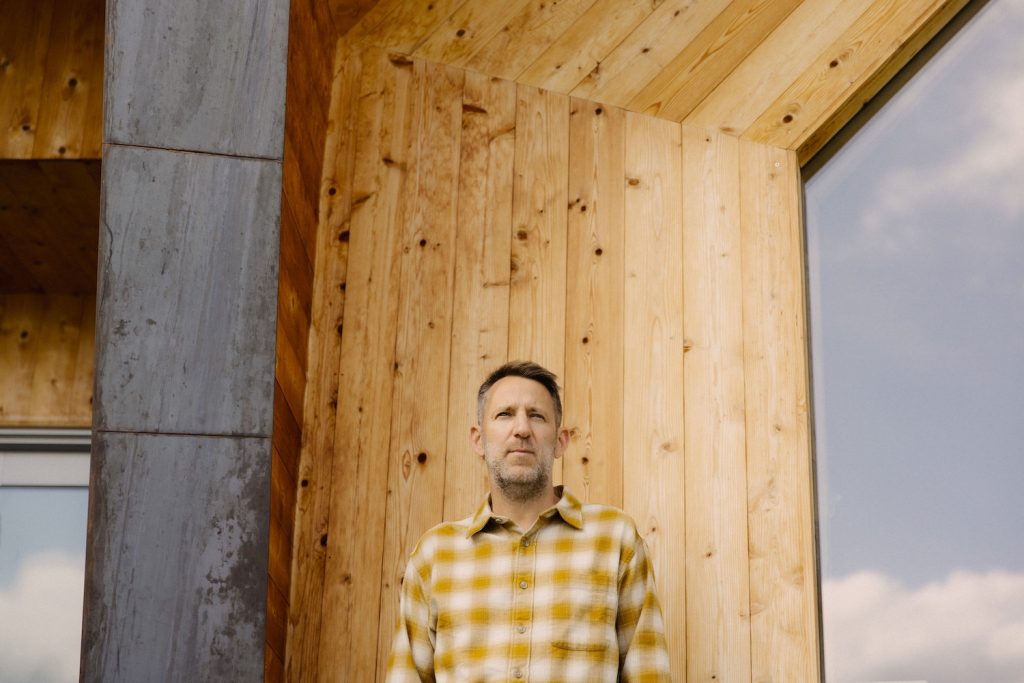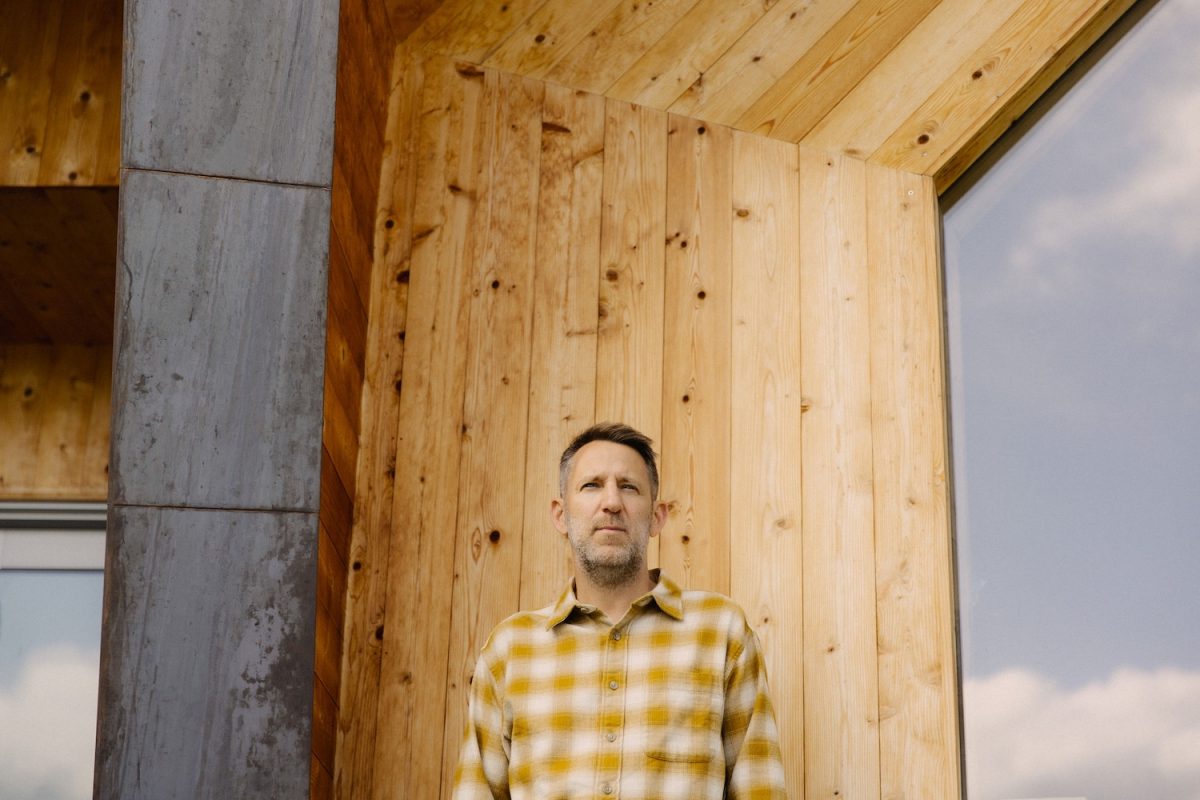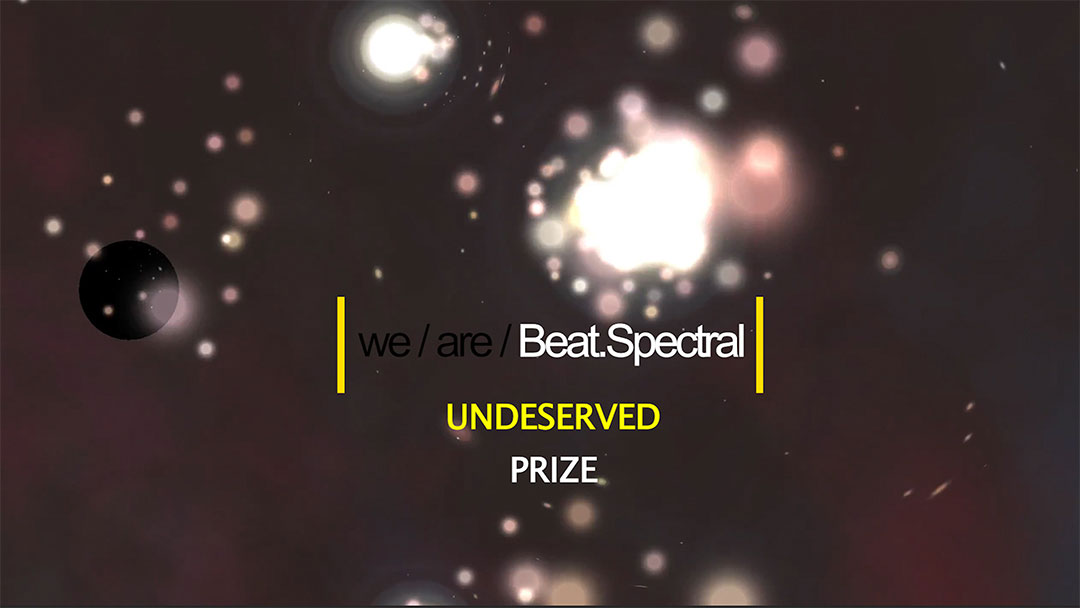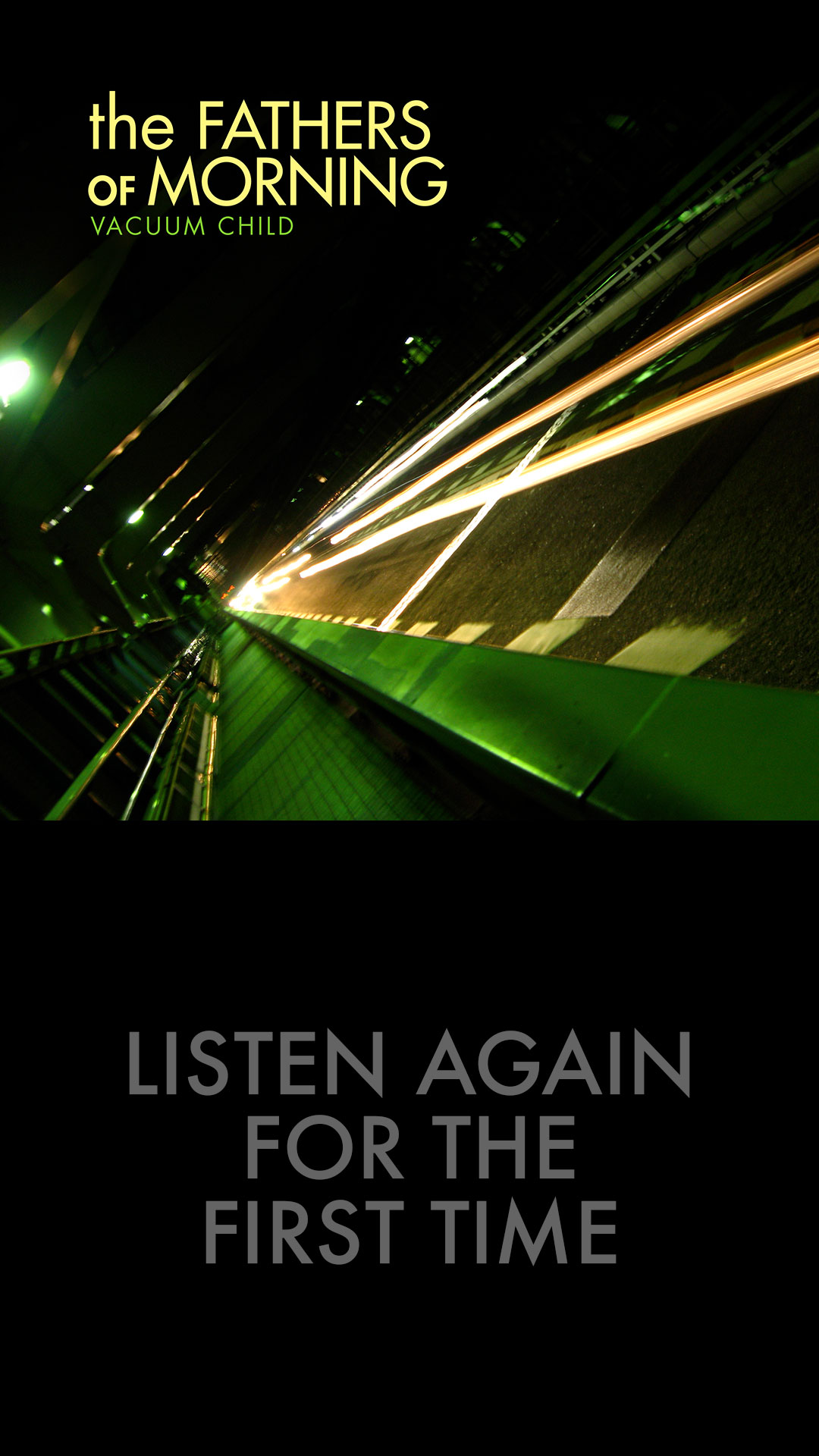
For his 10th release, Denison Witmer tapped the considerable skills of longtime friend Sufjan Stevens. Though the two have been collaborating since 2003, Anything At All (Asthmatic Kitty) marks the first time they’ve worked together this closely on a full project, with Stevens producing, arranging, engineering and playing various instruments. As you might expect, the album seamlessly unites Witmer’s poetic, folk-inspired singer/songwriter aesthetic with Stevens’ rich, offbeat soundscapes.
Now living in Lancaster, Pa., where he juggles music and carpentry, Witmer walked us through his first LP in five years.
—Hobart Rowland
1) “Focus Ring”
“This song was originally called ‘Anything At All’ while the album was going to be called Focus Ring. But at some point, Sufjan and I felt like flipping the titles made the most sense. As the title track, it sets the tone of the album. ‘If there’s anything at all I can do for you’ is a phrase we often say to people when we’re offering support, but I think most of us struggle to extend that same generosity inwards. As I worked on all the lyrics for this record, I kept coming back to this idea of extending generosity both outwards and inwards. This became the theme of the album. A focus ring is the part of a camera that you twist to focus an image. It felt like a good metaphor for the album—figuring out what part of my life’s image requires focus, zooming in on that, and making sense of it however I could lyrically.”
2) “Older And Free”
“I wrote this song when I was solo camping for a night at French Creek State Park not far from my home in Pennsylvania. The melody and lyrics came to me as I was hiking the Lenape Trail back to my campsite. I have a little-kid-size classical guitar that goes with me most places, and I wrote the song on it in my camper that evening. I became so attached to the sound that we ended up using that little guitar for the main acoustic tracks.”
3) “A House With”
“This song started as kind of a joke. I often walk around my house playing a small classical guitar and making up goofy songs to make my wife and kids laugh. I was watching the birds on our feeder and naming them as I saw them. Then I went from room to room naming the plants we have in our windowsills. I recorded an iPhone voice memo and forgot about it—part of that demo is now on my Instagram page. I’m not sure what motivated me to share it with Sufjan, but I think it was because I knew he is a fan of concrete nouns and words that are interesting phonetically. He ended up choosing this from the batch of demos I presented to him. I’m glad he did, because it ended up being one of my favorite songs on the album. Sufjan didn’t like the original lyrics of the last verse. I remember him saying, ‘In the first two verses, you’re telling us what you’re doing and how it fills your heart, but you never tell us why. You should try to answer that question for yourself.’ I rewrote the ending, and it was at that moment that things clicked into place for me.”
4) “Making Love”
“I wanted to take a phrase that most of us associate with erotic love and reframe it in an agape or philia type of love. It was important to me that this song be as simple as possible. For that reason, the lyrics are very plain, and the arrangement is kept to just guitar, piano and voice. It’s important to remember that our actions have a cumulative effect on our lives—and the same thing applies to non-action. This song is about being emotionally or spiritually stuck and choosing love as a path out. It’s not always the easy thing to do, but I can’t think of a time when it isn’t the right thing to do.”
5) “Clockmaker”
“Alongside music, I also have a carpentry business. Mid-COVID, I found myself making a lot of historical recreation screen doors. I’d build one for a neighbor, then someone else would see it, want one, and that cycle repeated into about six new customers around my city. One of those doors was for this really incredible older woman named Elizabeth. As I was working on her door, we got to talking about parenting, community, art, life goals—all of it. It was such a lovely conversation that I returned the next day, not to work but to sit on her porch and chat with her. I learned that she had a career being a clockmaker. We bonded over working with our hands, problem-solving and the type of insight repetition brings.”
6) “Confessions”
“This is my favorite song on the album. A confession is ‘a statement setting out essential religious doctrine’—and though I don’t think I’m necessarily making a religious statement in this song, I am laying out a kind of doctrine for myself: What am I doing with my time, and what does it mean? What am I feeling when I look at my bird feeder? Why am I bothering to feed the birds? What am I feeling when I look at a postcard photo of Ai Weiwei intentionally dropping an urn from the Han Dynasty? Am I drawn to that image because it’s serious, reckless, playful or devastating? I’m riddled with the contradictions that are part of simply existing in the world. I’m mostly hopeful and optimistic, though I have moments when loathing sets in and everything feels random and pointless. Though these two sentiments are at odds with each other, I find both of them equally important. One forms a question; the other is an answer. The cycle continues endlessly. The optimistic side of me finds this to be encouraging.”
7) “Lost In My Head”
“I wrote this in a place of contemplation and hopeful change—but the first time Sufjan heard it, he asked me if it was about depression. I love that songs can take on different meanings to different listeners, and I think the best songs are malleable in that way. The final lyrics in this song reinforce the whole theme of the album: ‘I don’t know if I should start forcing it/Maybe it’s best to let it lay/Most of the time my life is joyful/Sometimes it hurts in the worst way/I don’t know if I should go look for it/That thing I dropped along the way?/ Sometimes I find it in an instant/Sometimes I wait and wait and wait/Pass through me, I say/Lost in my head all day.’”
8) “Shade I’ll Never See”
“This one is a kind of mashup of the Greek proverb ‘A society grows great when old men plant trees whose shade they know they shall never sit in’ and the children’s book by Eric Carle called The Tiny Seed. It was originally a very mellow, rolling acoustic-guitar-driven song—which you can hear as a demo on my Instagram—but Sufjan wanted to take it in a more playful and orchestrated direction.”
9) “Slow Motion Snow”
“I originally wrote this song as part of a song-a-day project I recorded in January 2020 and released on Bandcamp under the name Uncle Denny. I always imagined this song as a big, lush, meditative soundscape, and I knew Sufjan could help me make that happen. This one didn’t require much other than setting a tone and exploring the space.”
10) “Brother’s Keeper”
“We intentionally put this at the end of the album because it feels like a benediction. The long outro of ‘Slow Motion Snow’ leaves a contemplative space where ‘Brother’s Keeper’ could sit, short and sweet, with a message about care. Even though the song is not about Sufjan directly, it feels like an ode to our friendship—in the sense that we’ve been there for each other in different ways over our long friendship.”














